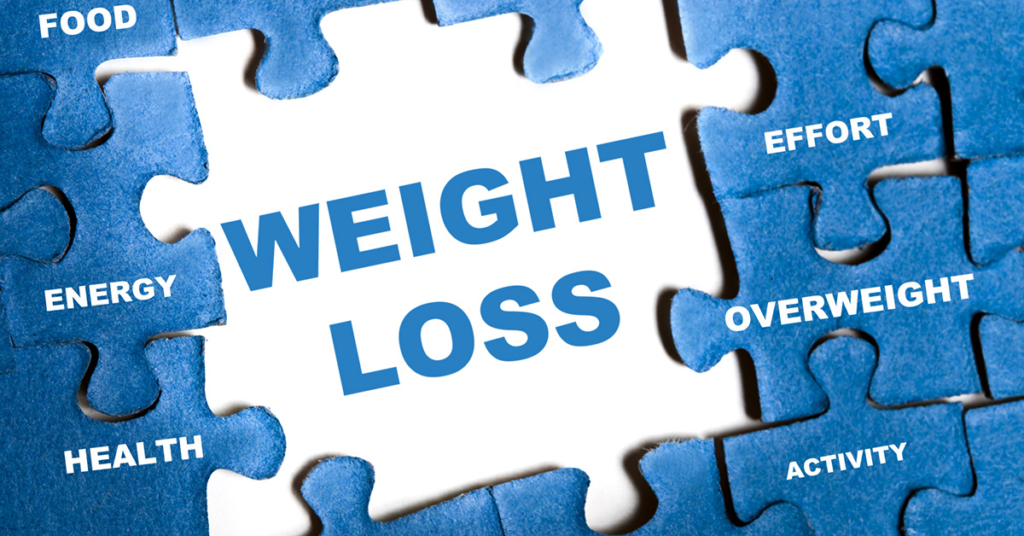The time it takes to lose 1 kg depends on factors like caloric deficit, exercise regimen, and metabolic rate. Generally, it could take a few weeks to a couple of months to lose 1 kg. A safe and achievable target is losing 0.5kg – 1kg per week through diet and exercise. Setting realistic goals, following a balanced diet, exercising regularly, and making sustainable lifestyle changes for effective weight loss is crucial.
Factors Affecting Weight Loss

Caloric Deficit
A caloric deficit is a significant factor affecting weight loss, where consuming fewer calories than expended prompts the body to burn fat for energy, leading to weight reduction. Achieving a modest caloric deficit through a balanced diet and regular exercise is essential for sustainable and healthy weight loss.
Exercise Routine
- Walking: A simple yet effective way to start exercising, suitable for all fitness levels.
- Running or Jogging: Provides a higher calorie burn and improves cardiovascular health.
- Cycling: Great for burning calories and improving lower body strength.
- Strength Training: Helps build lean muscle mass, which boosts metabolism and supports weight loss.
- Swimming: A full-body workout that is gentle on the joints and offers excellent cardiovascular benefits.
- Yoga: Promotes flexibility, strength, and relaxation, aiding in stress management and weight loss.
Healthy Weight Loss Rate

Weekly Goal
Understanding the recommended pace for weight loss to ensure it’s both safe and sustainable.
Rapid weight loss can have negative health consequences and is often difficult to maintain. Gradual weight loss allows the body to adjust to changes and reduces the risk of nutrient deficiencies and muscle loss. Therefore, setting a weekly goal of losing 1 to 2 pounds is a safe and effective approach to achieving long-term weight loss success.
Time Frame for Losing 1 kg
Examining the factors influencing the duration needed to lose 1 kg and providing estimates based on common scenarios.it’s crucial to maintain a calorie deficit, burning more calories than consumed through a combination of diet and exercise. Consistency is key, as gradual weight loss is often more sustainable and easier to maintain in the long term. Additionally, focusing on healthy habits, such as staying hydrated, eating nutrient-dense foods, and engaging in regular physical activity, can support weight loss efforts and contribute to overall well-being.
Tips for Effective Weight Loss

Balanced Diet
- Include Nutrient-Dense Foods: Opt for varied, colorful foods rich in nutrients like fruits, vegetables, lean proteins, and whole grains to meet your body’s nutritional needs.
- Portion Control: Practice portion control to manage calorie intake, ensuring you consume appropriate serving sizes of different food groups.
- Limit Added Sugars: Minimize consumption of added sugars found in processed foods and sugary beverages, as they contribute excess calories with little nutritional value.
- Stay Hydrated: Drink plenty of water throughout the day to stay hydrated and help control hunger.
Regular Exercise
Regular exercise is essential for maintaining overall health and aiding in weight loss Regular exercise is vital for overall health and weight loss. Walking, jogging, cycling, weight training, HIIT, swimming, jumping rope, and yoga are effective exercises to include in your routine.
Lifestyle Changes
Practical strategies to optimize your weight loss journey, including dietary adjustments, physical activity, and lifestyle modifications.
Follow Us On Instagram Follow Us On X
- Healthy Eating Habits: Adopting a balanced diet rich in fruits, vegetables, lean proteins, and whole grains can contribute to weight management.
- Regular Exercise: Incorporating physical activity into your routine helps burn calories, build muscle, and improve overall fitness.
- Portion Control: Being mindful of portion sizes can prevent overeating and support weight loss efforts.
- Hydration: Drinking an adequate amount of water can help regulate appetite and prevent overeating.
- Adequate Sleep: Prioritize quality sleep as it influences hormones that regulate appetite and metabolism.
- Stress Management: Implement stress-reducing techniques such as mindfulness, meditation, or hobbies to prevent emotional eating.
- Behavioral Changes: Identifying triggers for unhealthy habits and developing strategies to overcome them can support long-term weight management.
Also read: 10 mistakes to avoid while doing intermittent fasting

